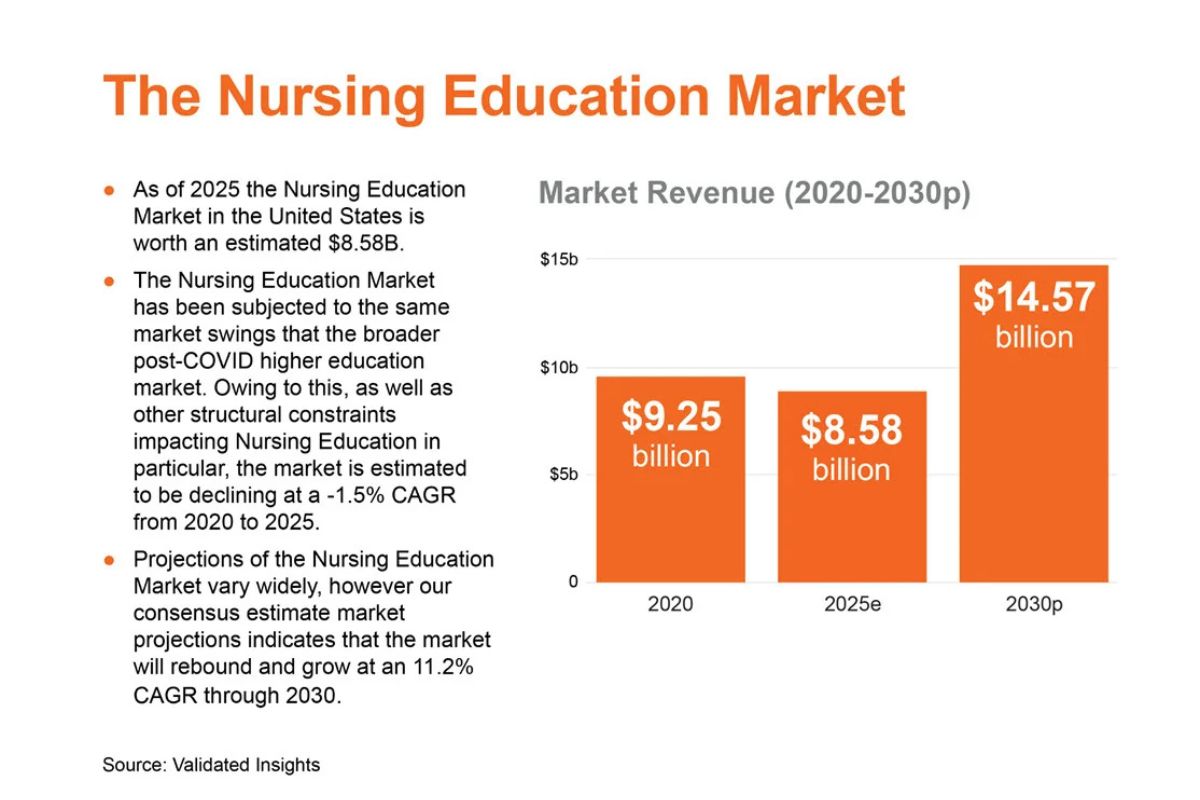University of Buckingham launches “Future Earnings Agreements”: Amount you pay for your course decided by your graduate earnings

StepEx and the University of Buckingham launch the UK’s first ever “Future Earnings Agreements” for undergraduates
19th January 2022 – StepEx, a fully FCA authorised fintech, providing infrastructure for universities to accept payment with a share of future earnings, has undergraduate degrees on their platform for the first time courtesy of the University of Buckingham.
This is the first time an undergraduate offering has been made available and is a testament to Buckingham’s underlying faith in their graduate earnings outcomes and commitment to making their courses accessible to all home students.
The university, home of the two-year degree and one of the UK’s five independent universities, will be the first UK university to offer undergraduates the access to finance they need to achieve their professional potential.
Students pay for their qualification with a small share of the initial earnings they achieve with that qualification, meaning that course providers have an incentive to ensure they provide a relevant education and select students they believe will benefit from the course. This also opens access to expensive courses that have traditionally only been available to all home students.
Utilising Open Banking data and machine learning, StepEx can reliably predict and verify an applicant’s future earnings by using cutting edge analytics and algorithms. The company also give its education and financial institution partners meaningful, data-driven feedback about pricing and the value courses are delivering as well as building the largest and richest dataset of graduate earnings.
Adoption of this product by education providers has been rapid with a twenty-fold increase in the number of “Future Earnings Agreements” provided in 2021 on StepEx infrastructure compared to the year before. Education providers have committed to at least quadruple that number to tens of millions of pounds of qualifications in 2022.
James Tooley, Vice-Chancellor at the University of Buckingham
“My vision for the University of Buckingham is to make it known for both affordability and accessibility. Our two-year degrees reduce total costs and get graduates into work faster. Now, thanks to StepEx, we are able to make our success with employability accessible to a more diverse range of students. We believe in our students and, with the risk sharing agreements that StepEx can administer for us, we are now able to invest in them. This aligns our interests with theirs and addresses many of the problems with the current system for funding students. We look forward to working closely with StepEx to bring to many more young people the offer of a rewarding education and future.”
Daniel George, founder of StepEx says
‘We are delighted that University of Buckingham is using our infrastructure to open its courses to everyone and invest in the future of its students. By offering its Risk Sharing Agreements, the university will open its doors to a wide range of students from diverse backgrounds to study. With funds for students becoming less accessible, debt is a poor solution to this problem, with lending terms based on past income, which restricts opportunity for younger and less wealthy individuals and limits upward social mobility. Outcome-based finance fixes this and opens up enormous economic opportunities for people who would otherwise be priced out of the kind of courses that unlock significantly higher earning potential.’
What is a Future Earnings Agreement (FEA)?
An FEA means the amount you pay for your course depends on the graduate earnings you achieve. Repayments are deferred until you are earning above a minimum income threshold. You repay a small percentage of your salary for a defined period with the maximum amount repaid capped, to share risk and make repayments more affordable. If your salary goes down, or is less than expected, you will repay less. Equally, if your salary is more than predicted, you will repay more. The benefit of this is that the total amount you repay is capped so that if you repay more you may be able to repay your loan early. Equally, if you earn and repay less you will not have to make any extra repayments.
Founded in 2017, StepEx is the only regulated provider of Future Earnings Agreements across the UK and Europe (FEAs; variously called “Risk Sharing Agreements”, “Income Share Agreements” and “Human Capital Contracts”).
Wanting to ensure that quality education is accessible to all regardless of socio-economic status, StepEx was founded to enable people to pay for higher education with a share of their future earnings. StepEx is the only enterprise provider of outcome-based finance using predictive sophistication and access to date to unlock opportunities for everyone.
Already working with two of the top three business schools in the world — London Business School and INSEAD and renowned UK based university Cranfield, StepEx can help institutions attract and retain a diverse student population, provide access for minority populations, raise academic standards, improve retention rates and provide a practical alternative to scholarship funds.
Widening access to postgraduate and technical education with “next-generation” student finance – StepEx raises £1.1m
StepEx, the only FCA-regulated fintech startup that provides affordable student finance based on future earnings rather than debt, has raised £1.1 million in pre-seed funding. This follows an earlier angel investment of £270,000. Backed by BBVA Anthemis Venture Partnership, Triple Point Ventures, and prominent angel investors – including renowned fintech investor Chris Adelsbach – the money will primarily fund further development of the company’s machine learning model and user platform, as well as expansion of the senior team.
Only two per cent of the population can afford to take on the cost of pursuing a top postgraduate qualification. StepEx aims to widen participation among the other 98 per cent by providing finance based on projected future earnings, enabling them to access otherwise out-of-reach courses that significantly enhance their economic prospects.
Explaining the need for a new approach, StepEx founder and CEO Daniel George – who was only able to take up his own MBA place through a full scholarship, an experience that shaped his vision for the company – said:
“Finance for postgraduate and technical qualifications is outdated and prohibitive. The best courses are too expensive for the vast majority of potential students, and the costs are not covered by Government loans. The Student Loans Company loses 80p for every £1 it lends – a public finance model simply isn’t viable when half of Masters graduates go on to earn less than the UK average so would never repay the loan. Debt is a poor solution to this problem, with lending terms based on past income, which restricts opportunity for younger and less wealthy individuals and limits upward social mobility. Outcome-based finance fixes this and opens up enormous economic opportunities for people who would otherwise be priced out of the kind of courses that unlock significantly higher earning potential.”
Through StepEx’s Future Earnings Agreements, students pay a percentage of their earnings for a fixed period. This is only triggered upon completion of their course when they cross an agreed salary threshold based on StepEx’s forecast of their expected earnings. StepEx charges course providers an up-front fee per student, and takes a small commission on each monthly repayment.
Already working with two of the top three business schools in the world – London Business School and INSEAD – as well as several providers of courses focused on in-demand technical skills such as coding and AI, StepEx has built the largest dataset of graduate earnings. By pairing this with Open Banking data and a machine learning model, StepEx is able to reliably predict and verify an applicant’s future earnings. In future, the company will also be able to give course providers meaningful, data-driven feedback about pricing and the value courses are delivering.
Stephanie Hussels, Director of the Bettany Centre at Cranfield University, said:
“The looming debt that faces students when they complete business school degrees effectively roadblocks people from reaching the career destination their talent promises. For Cranfield, Future Earnings Agreements will widen our student base, opening the opportunity of the very best that postgraduate education offers to people irrespective of income and social background. The benefits will ultimately be felt by organisations chasing talent from a broader spectrum – and by the economy, as more people realise the full potential of their abilities.”
While currently focused on postgraduate university education and technical skills courses, Daniel George aims to expand the range of providers that StepEx works with over time to scale the impact of Future Earnings Agreements to all who need them:
“Using outcome-based finance to expand access to postgraduate business degrees and professional or technical qualifications could increase cumulative lifetime earnings by as much as £8 billion. But that doesn’t account for a whole host of other qualifications that could unlock new, higher-earning opportunities for people in what used to be called ‘blue collar’ occupations. The Future Earnings Agreement model works just as well for an Amazon warehouse worker who wants to earn more money as a truck driver, but can’t afford the training, as it does for a freelance designer wanting to develop coding skills or an entrepreneur currently priced out of an MBA. This is about fighting the curtailment of aspiration and allowing talented people from all walks of life to access the career they want. And by unlocking economic opportunities, we’re not just helping individuals earn more, but also boosting the nation’s productivity and tax receipts.”
Christhi Theiss, Head of BBVA Anthemis Venture Partnership at BBVA, said:
“From the beginning of our journey, StepEx and its founder Dan stood out. His passion, know-how and grit impressed me. He effectively co-designed a new regulation over 18 months with the UK government and succeeded to be the first regulated entity in Europe to offer Future Earnings Agreements. Many renowned educational institutions all over Europe are offering StepEx’s solution to their students, which increases diversity and financial inclusion – while also collecting an incredible amount of data to develop StepEx’s proprietary future income predicting tool.”
Daniel Cardenas-Clark, Early-Stage Investor at Triple Point Ventures, said:
“We were impressed with the diligence that went into developing the product, which is reflected in StepEx being the only FCA-approved FEA in the market. We are excited to be backing Daniel and the team on their mission to help more people achieve their career goals by obtaining the academic, technical, and professional qualifications needed to do so.”
Farhan Lalji, Principal at Anthemis Group, said:
“In addition to my role at Anthemis I lecture at London Business School where I took my MBA, so I see the impact of the financial barrier to entry for students first-hand. Indeed, I was in that uncertain position myself when I applied and had to take on a considerable sum of debt, so am keen to see alternative methods of funding for people in similar circumstances. With its Future Earnings Agreement, StepEx has created a solution that benefits students and educational institutions in equal measure. But it’s also an attractive investment for lenders – combining strong returns with genuine social impact. We have every confidence in the team’s ability to make this a mainstream option that transforms student finance.”











Responses